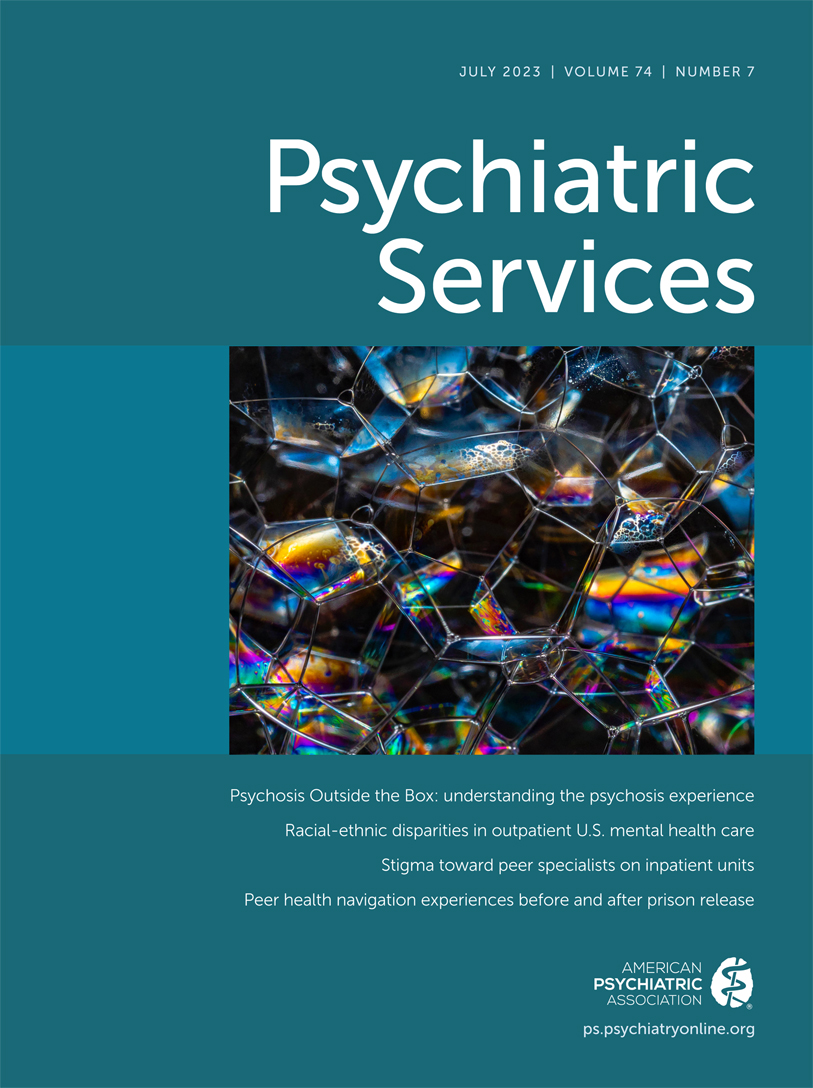Sustainable Partnerships to Ensure Quality in Psychological Support (EQUIP) for Adolescents
Abstract
Ensuring that sustainable and effective mental health services are available for children and adolescents is a growing priority for national governments. However, little guidance exists on how to support service implementation. In Kenya, partnerships were formed among regional government, nongovernmental organizations, and universities to implement Ensuring Quality in Psychological Support (EQUIP)–Nairobi, a pilot project to train and supervise nonspecialists delivering psychological support to adolescents. Lessons were learned about integrating psychological services into existing health services by using the EQUIP platform to assess competencies, engaging partners for supervision and quality improvement, and involving youth stakeholders. The partnerships facilitated a rapid transition to remote services during the COVID-19 pandemic. The EQUIP-Nairobi project results offer lessons for partnerships in other low-resource settings.



